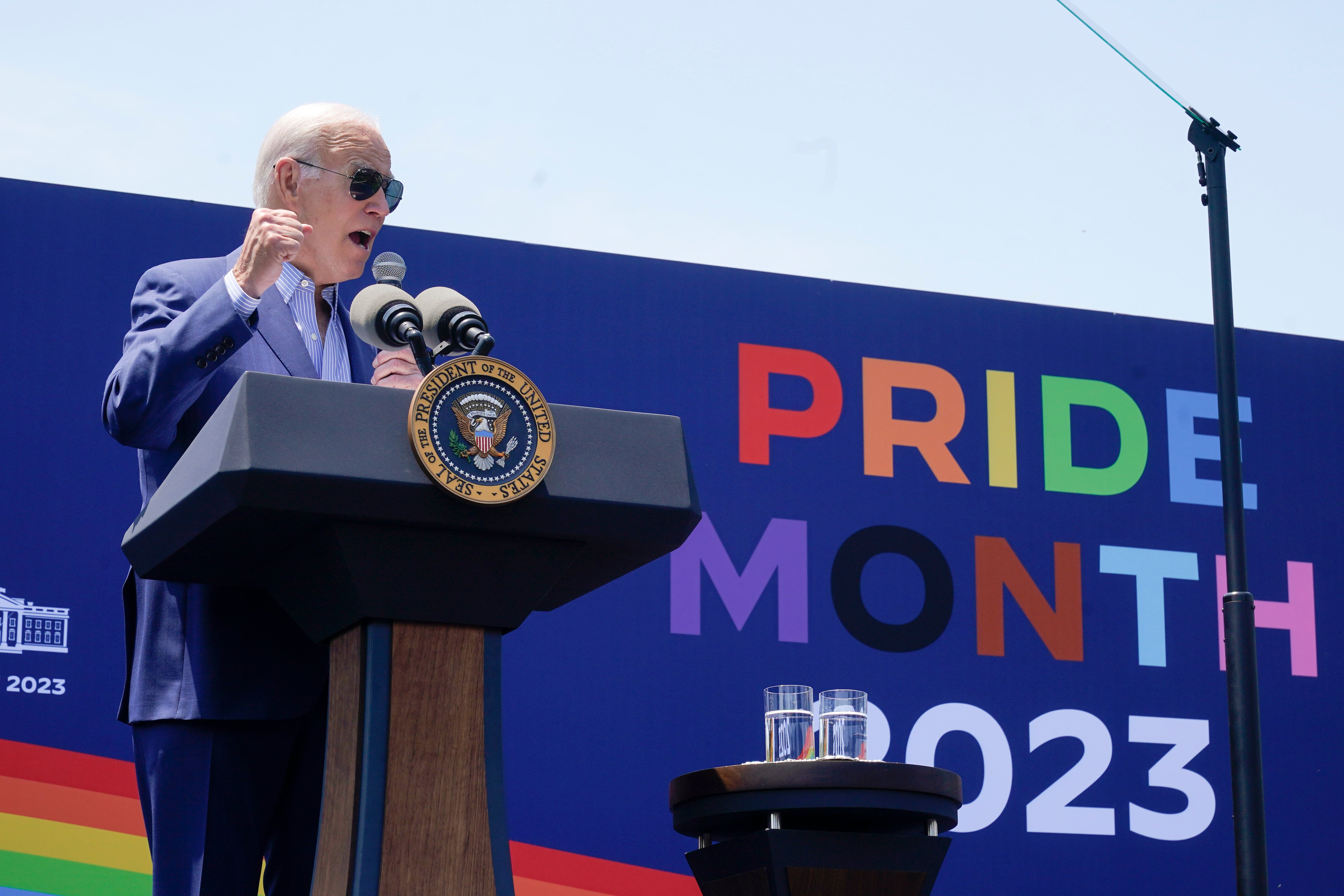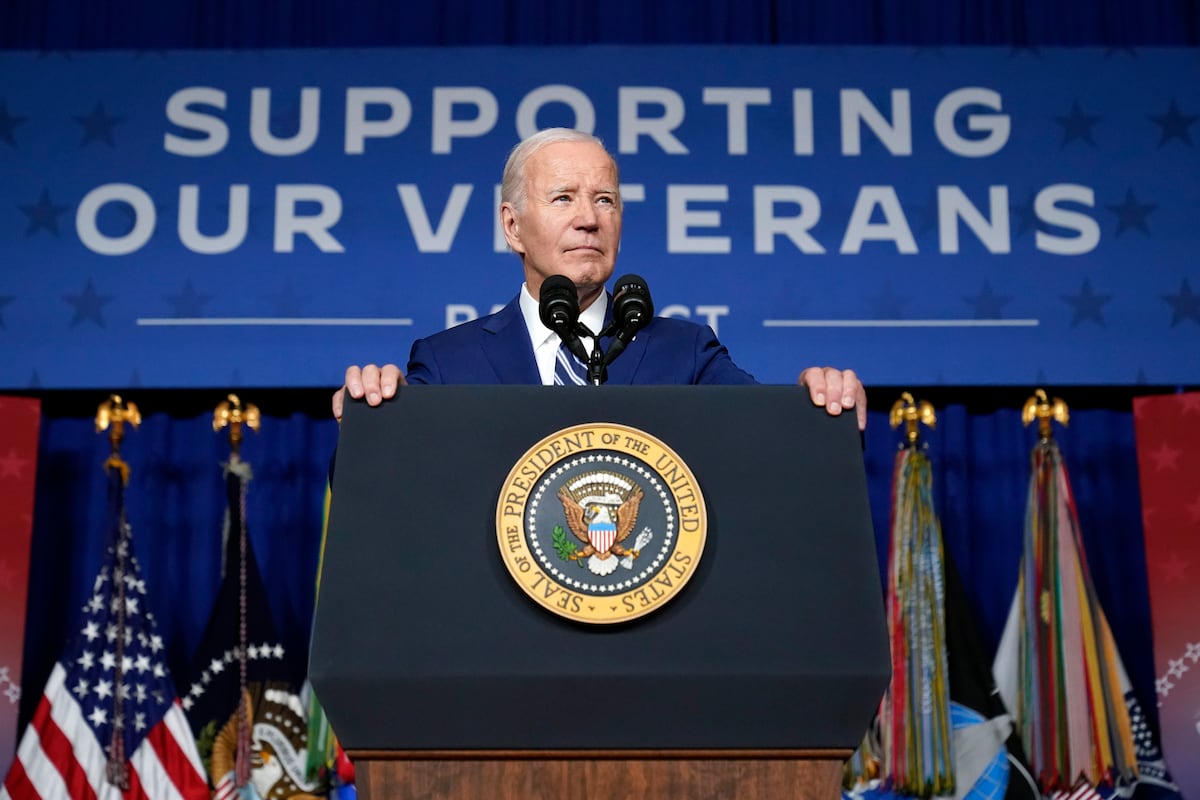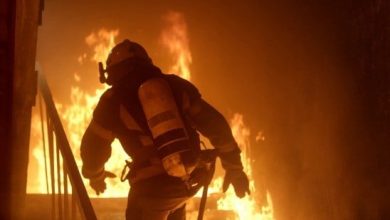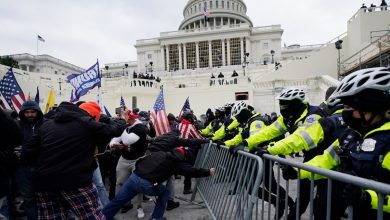Five veteran-focused nonprofits urged President Joe Biden this week to pardon thousands of veterans with other-than-honorable military discharges before he leaves the White House in January.
In a letter sent this week, Minority Veterans of America, the Black Veterans Project, Swords to Plowshares, the Connecticut Veterans Legal Center and the Veterans Legal Clinic at Harvard Law School pleaded with Biden to issue the blanket pardon, arguing that thousands of veterans have suffered because of their discharge status.
After Biden pardoned his son, Hunter Biden, earlier this week, the groups were hopeful he might use his pardoning power more liberally before President-elect Donald Trump takes office Jan. 20.
“On the heels of President Biden’s pardon of his son, Hunter Biden, the coalition joins a chorus calling for the president to use his pardon powers more extensively during his last days in office,” the groups said in a news release.
Their request encompasses veterans with “general” or “other-than-honorable” discharges, commonly known as “bad paper.”
Those discharge statuses are caused by an administrative separation that comes from a service member’s chain of command, and not a court-marital. An administrative separation is likened to being fired, but the consequences remain with veterans for the rest of their lives, the nonprofits said.
An investigation by the Government Accountability Office found that 62% of service members who were separated from the military for misconduct between 2011 and 2015 — more than 57,000 troops — were diagnosed with post-traumatic stress disorder, traumatic brain injury or other conditions, such as adjustment, anxiety, bipolar or substance abuse disorders within two years of leaving the service.
The GAO said at the time the Pentagon didn’t follow its own policies to take into consideration that a service-related medical disorder could have led to a service member’s misconduct.
Many of those troops were given a general discharge, but 13,283 service members received a more stringent other-than-honorable discharge. Veterans who receive other-than-honorable discharges lose their eligibility for benefits from the Department of Veterans Affairs, including health care, education benefits or home loans.
The discharge status can also exclude veterans from organizations, such as the American Legion or Veterans of Foreign Wars, and affect their ability to get jobs, according to a 2023 report from Syracuse University.
“Due to untreated physical and psychological symptoms and the nature of their separation from the military, veterans with less-than-honorable discharges are often socially isolated from the military and veterans community,” the nonprofits wrote in their letter to Biden. “They are more likely to suffer with self-medication and substance abuse, to become homeless, or incarcerated, or to die by suicide. For many injured and ill veterans, these administrative separations and the denial of critical veterans’ benefits is a life-sentence.”
In total, more than 300,000 veterans who served after the 9/11 terrorist attacks were discharged with bad paper, the groups said.
Syracuse University found that many of those service members were dealing with behavioral or mental health challenges. Minorities and women were disproportionately represented among veterans with bad paper, likely because of racial inequities in the military’s criminal justice system and the number of women who struggle with Military Sexual Trauma, according to the report.
Tens of thousands of LGBTQ service members were thrown out of the military because of their sexual orientation before the Pentagon’s “Don’t Ask, Don’t Tell” policy was repealed in 2011. Earlier this year, Biden said he was “righting a historic wrong” by pardoning some of those veterans.
The pardon, however, applied only to veterans who were convicted in military court. Three months after Biden’s proclamation, only eight veterans had applied for discharge upgrades, The War Horse reported.
“The pardon was so narrow as to impact very few veterans, and administrative hurdles may have hindered access,” the five nonprofits said in a news release.
RELATED

Now, the groups are asking Biden to upgrade all administrative discharges to honorable. The groups hoped that a broad, blanket pardon would “avoid the pitfalls of previous attempts to address the issue.”
“The government knows that this system discriminates on the basis of race, gender, sexual orientation, and disability, and yet it continues to use it as a basis for stripping veterans of crucial benefits,” said Steve Kennedy, who successfully fought the Army in court to receive a discharge upgrade. “It’s time to cut the red tape and just give these veterans what they need,”
The nonprofits also want Biden to order the VA to allow all veterans access to screenings for post-traumatic stress disorder and traumatic brain injuries, no matter their discharge status. To accomplish that, the groups suggested Biden work with Trump on a plan to allow for the screenings in a way that doesn’t overwhelm the VA medical system.
“We ask that President-elect Trump support this initiative and make this pardoning program’s success a top priority for his transition team,” they wrote.
Veterans’ groups have previously pleaded with the executive branch for a blanket pardon for veterans with bad paper. Soon after the presidential election in 2016, Vietnam Veterans of America asked then-President Barack Obama and President-elect Trump to pardon all post-9/11 veterans who were administratively separated resulting in a less-than-honorable discharges.
Their request went unanswered.
This story was produced in partnership with Military Veterans in Journalism. Please send tips to [email protected].
Nikki Wentling covers disinformation and extremism for Military Times. She’s reported on veterans and military communities for eight years and has also covered technology, politics, health care and crime. Her work has earned multiple honors from the National Coalition for Homeless Veterans, the Arkansas Associated Press Managing Editors and others.
Read the full article here





